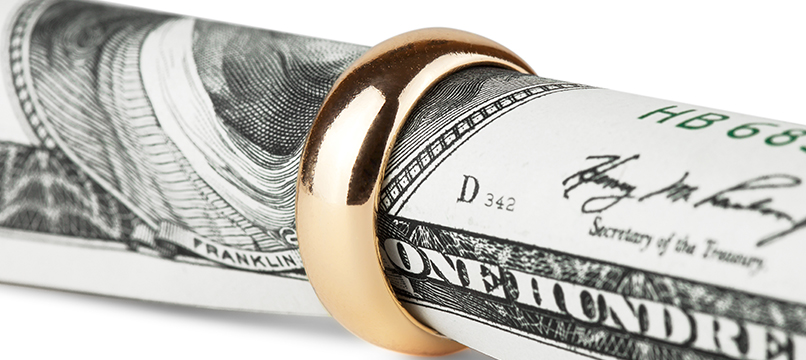Guest Blog By Aviva Pinto, CDFA
How much should my settlement be? How much could my settlement be? How much will my settlement be?
Clients going through divorce are most concerned about these questions. A Certified Divorce Financial Analyst® can help you with calculations to show you what different financial settlements scenarios will look like. They can help you figure out what you own and what you owe. They can help you be realistic about what you are entitled to versus what your wishes are. They can prepare plans to help your divorce attorney or mediator and provide backup that can withstand a negotiation or a court hearing. They can help you determine spousal support and child support. Whether it is a good idea to take retirement assets, versus the house, versus a settlement in cash.
The decisions you will be making will impact the rest of your life, and they’re not the type of decisions you make all the time. Financial planning can help give you peace of mind and protect you from unforeseen, unfavorable situations. Creating a financial plan helps you see the big picture and set both long and short-term life goals, and stay on track to meet your goals.
A financial plan covers savings and investments; planning for retirement, your kids’ education, emergencies, down payment on a new residence and major purchases.
It helps to think in terms of both want and need. This may allow some goals to lean toward the “want” side, while others can be closer to the “need” side. For example, you may choose to work and save for a longer period of time so you can lower your savings rate to take nicer vacations now, or you might plan on spending less in the future so that you can lower your investment risk now.
Questions you will need to ask yourself include:
- What kind of post-divorce lifestyle do you want or need? Is it realistic based on your assets and what you can expect in a settlement?
- What kind of future lifestyle do you want or need? How much will you need to spend?
- When do you want or need to start using savings?
- How much investment risk do you want or need to take?
- Do you want or need to leave a specific amount of money after you pass away?
- Do you want to leave money for the kids or grandkids?
- Do you want to be philanthropic and donate to your Alma Mater or favorite cause?
Planning can help you balance comfort and compromise.
People who are financially successful have been making very smart financial decisions all their life. The sooner you start making smart decisions, the sooner you know where you want to go, and if you have a plan to get there, the more likely you are to attain it.
The reasons to do a financial plan:
- It will help you define your post-divorce financial goals.
- It will help you see whether your goals are realistic, especially for your timeline.
- It will help you see how you can bring your spending in line with your goals.
- It will show you what money mistakes you’re currently making.
- It will allow you to measure your progress on your goals.
- It will help you find new ways to maximize your money.
- It will help you identify risks you hadn’t thought of.
- It will make you more confident with your money.
You owe it to yourself to make well thought-out decisions, and your finances should be a priority.
 AVIVA PINTO, CDFA™, Director Highline Wealth Management
AVIVA PINTO, CDFA™, Director Highline Wealth Management
Aviva Pinto is in charge of portfolio management and client services at Highline Wealth Management in New York. She has been in the business for over 25 years and works with divorcing clients to help them feel more secure about their financial future.




